Through the reigns of nine monarchs, two World Wars and massive changes in the world of retail, Jarrolds has played a part in the lives of Norfolk families for generations.
Founded in 1770 by a 25 year-old, John Jarrold, the roots of the Jarrolds business were in shopkeeping with a grocers and drapers.
More than 250 years later, Jarrolds is an established family-run independent department store in the heart of Norwich, offering a unique and contemporary shopping experience over five floors. Departments include fashion and beauty, home and lifestyle, books, art and stationery, sport and toys, as well as four restaurants, a coffee bar, and wine bar, in addition to a well-stocked food hall.
The inspiration
In 1938 a pair of heraldic lions were created by sculptor Alfred Hardman to celebrate the official opening of City Hall which is located just across the medieval marketplace from the grand facade of Jarrolds’ flagship store.
More than half a century ago, Jarrolds adopted the iconic civic Norwich lion as their own. They even went one step further by cheekily positioning it to lean a raised paw on the J of Jarrolds — creating a logo that would live on for many years to come.
As time passed the lion, for some people at least, became more synonymous with Jarrolds than that of the city but the fact remained this particular lion never truly belonged to the quarter-millennium-old family business.
The idea
The debate of whether to retain the lion did come up during our creative process, however, we quickly realised the huge amount of brand equity the lion contributed. As such, we decided to search for a clever way to give it a new and more meaningful lease of life by integrating the ‘J’ for Jarrolds into the lion itself.
By completely redrawing the lion from scratch, we were able to craft a new, more iconic and fit-for-purpose brand mark that performs more effectively at varying scale across all channels and applications. Best of all, this now means the lion is (finally) truly ownable by Jarrolds — becoming unique to them and, ultimately, more memorable.
Another significant addition to this new branding is the infamous ‘s’. Over their 250 year history, Jarrolds have never quite decided on whether to be Jarrold or Jarrolds. We have deliberately reintroduced the ‘s’ based on a range of factors.
Whilst Jarrolds was founded by John Jarrold, it later became Jarrold & Sons and, eventually, there would be eight generations (and counting!) of the Jarrold family. As such, we felt it important to pluralise the name once and for all. Jarrolds not only sounds more friendly, but it’s what people call the business in any case. Just ask somebody ‘what is the name of the department store in Norwich?’ and see for yourself!
Much like the core brand logo, we applied gentle and sympathetic modernisation to the existing brand colours – retaining but optimising both the purple and blue.
The Jarrolds Purple is derived from all things luxury and Verdigris Blue pays tribute to the bronze lion statues discoloured by atmospheric oxidation.
Previously, the two colours were often used together, however, moving forward, they will strictly be used separately from one another – the Jarrolds Purple will form the background to white and the Verdigris Blue is paired with black. This achieves optimum legibility and provides more flexibility in application.
The new Jarrolds logo includes a logotype and a logomark. These key brand assets can be used in isolation or as a combined logo – depending on the format and hierarchy of application.
The ‘J’ within the logotype is custom-drawn and is exactly the same scale and ratio as that of the front standing foot of the lion (logomark). This detail is paramount in fusing the two elements, creating perfect harmony and balance across all logo variations.
We’ve introduced two brand typefaces — Lapture is a traditional, luxury and characterful serif and DM Sans provides a neutral, modern and timeless aesthetic. These two typefaces can work in harmony just as well as they can work in isolation from one another. Importantly, they allow for greater brand stretch and the ability to reflect a huge range of products and experiences for all ages, tastes, and interests.
A mixture of vertical and horizontal axes are used for headline type alignment, a playful element derived from the sideways ‘J’ within the logomark (lion’s right raised leg).
Jarrolds already benefitted from a high level of brand awareness well before we were appointed, although this new identity scheme offers far greater freedom in terms of application, expression, and visual recognition. This means there are numerous typographic treatments and templates available within the brand guidelines and toolkit — all of which retain cohesion and consistency across brand-led posters, printed collateral, and point of sale.
Throughout the 19th and 20th centuries Jarrolds became a leading printer and publisher. In 1878 they printed and published the first edition of one of the most famous children’s books of all time – Anna Sewell’s Black Beauty. Over the years, printing evolved to be a big part of the family business which, in more recent times, has been recognised in the form of the John Jarrold Print Museum.
We drew inspiration from this rich heritage — imagining just how many millions of printed pages passed through the Jarrolds presses. This led us to developing a range of ink-inspired artworks to add dynamism and depth across point of sale, advertising and brand awareness campaigns.
More from The Click.





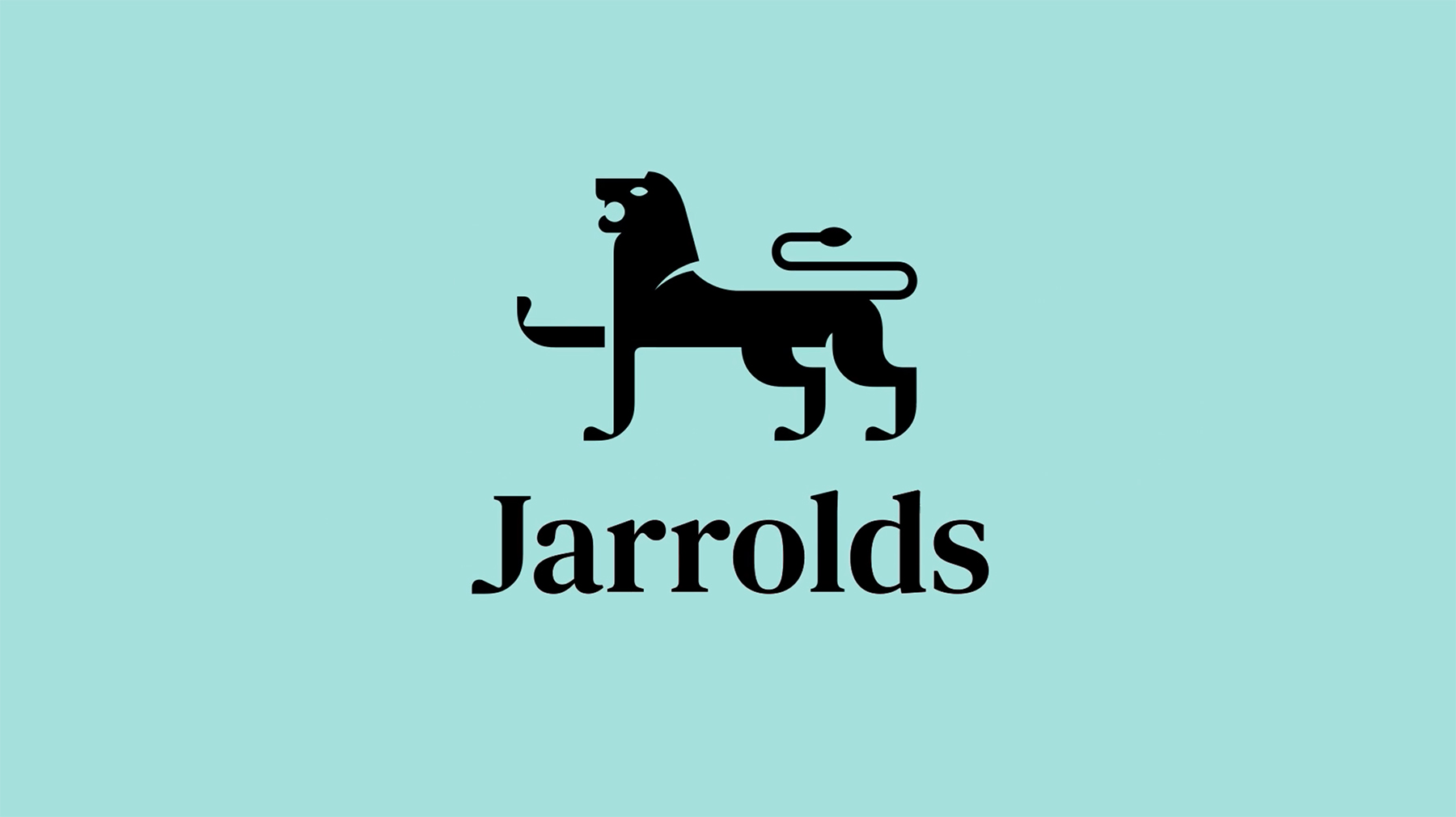

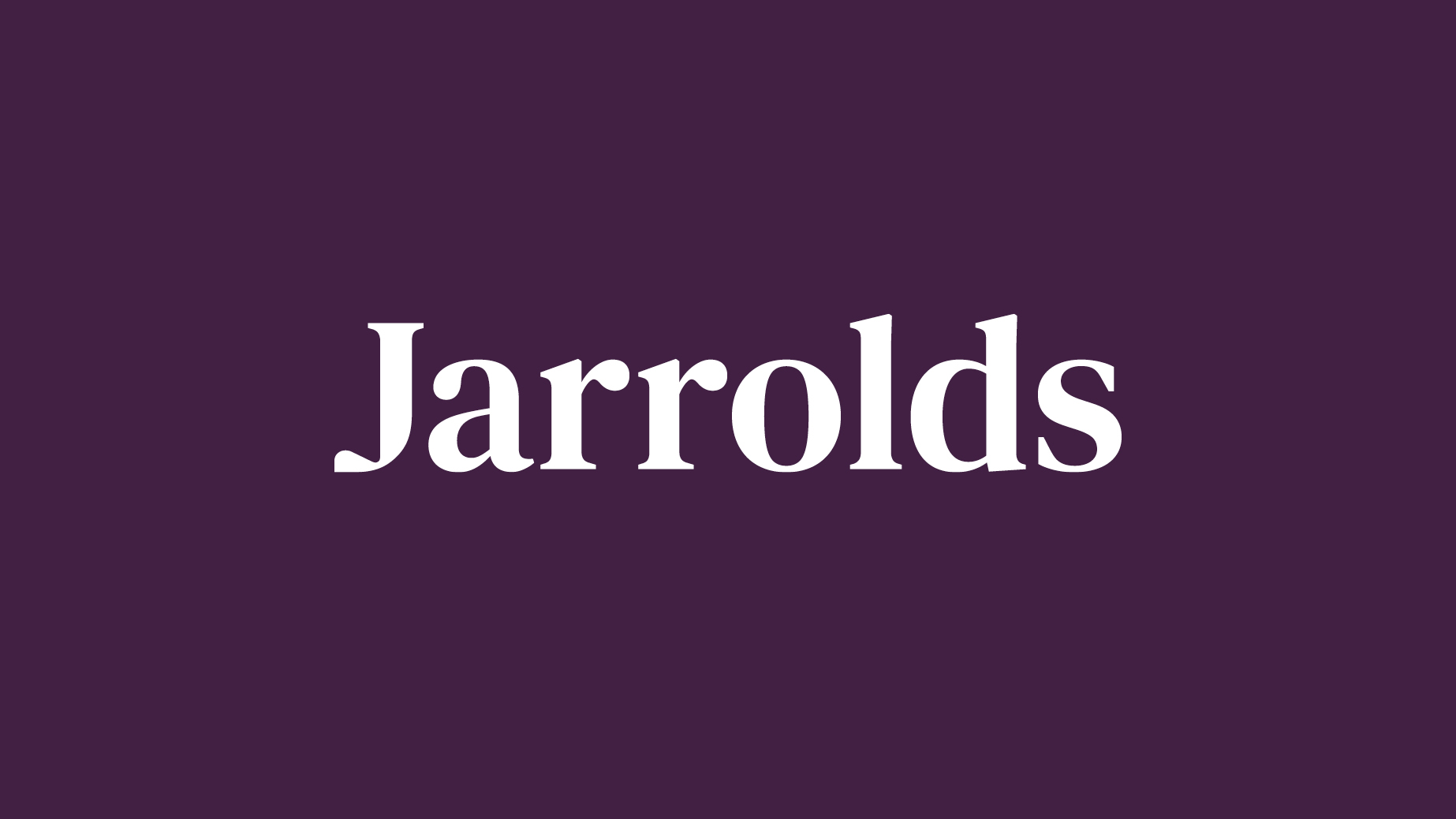
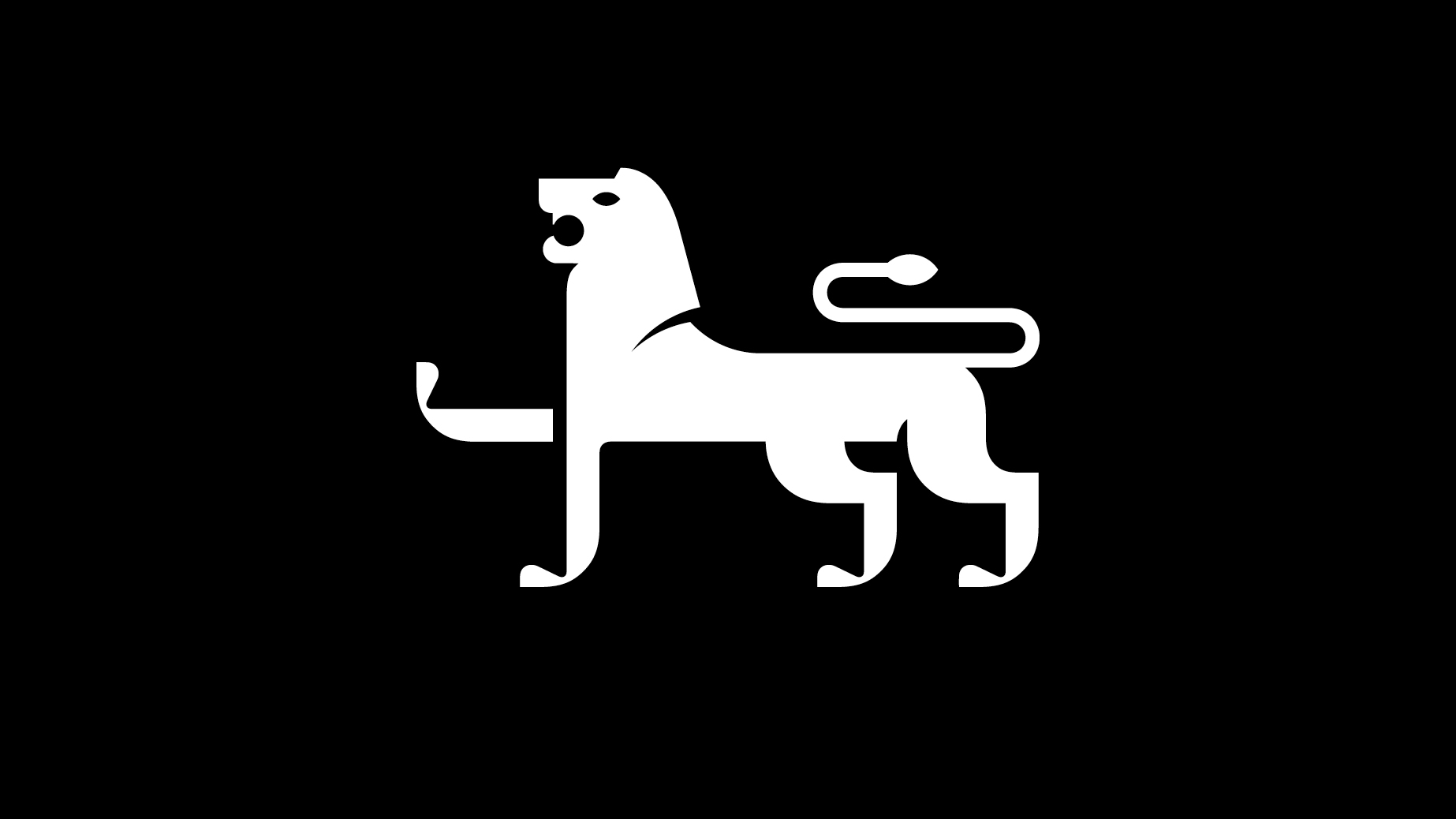




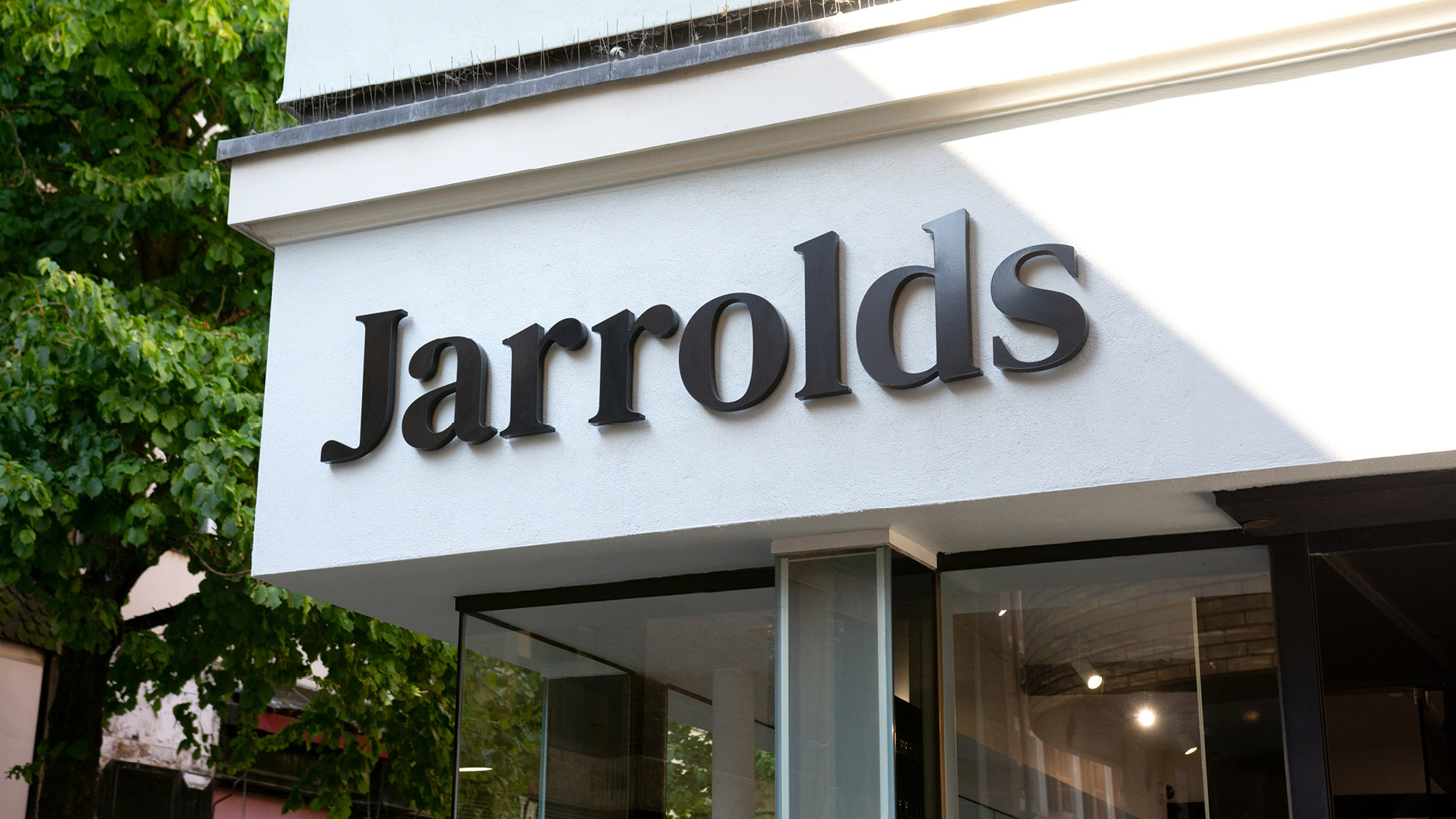






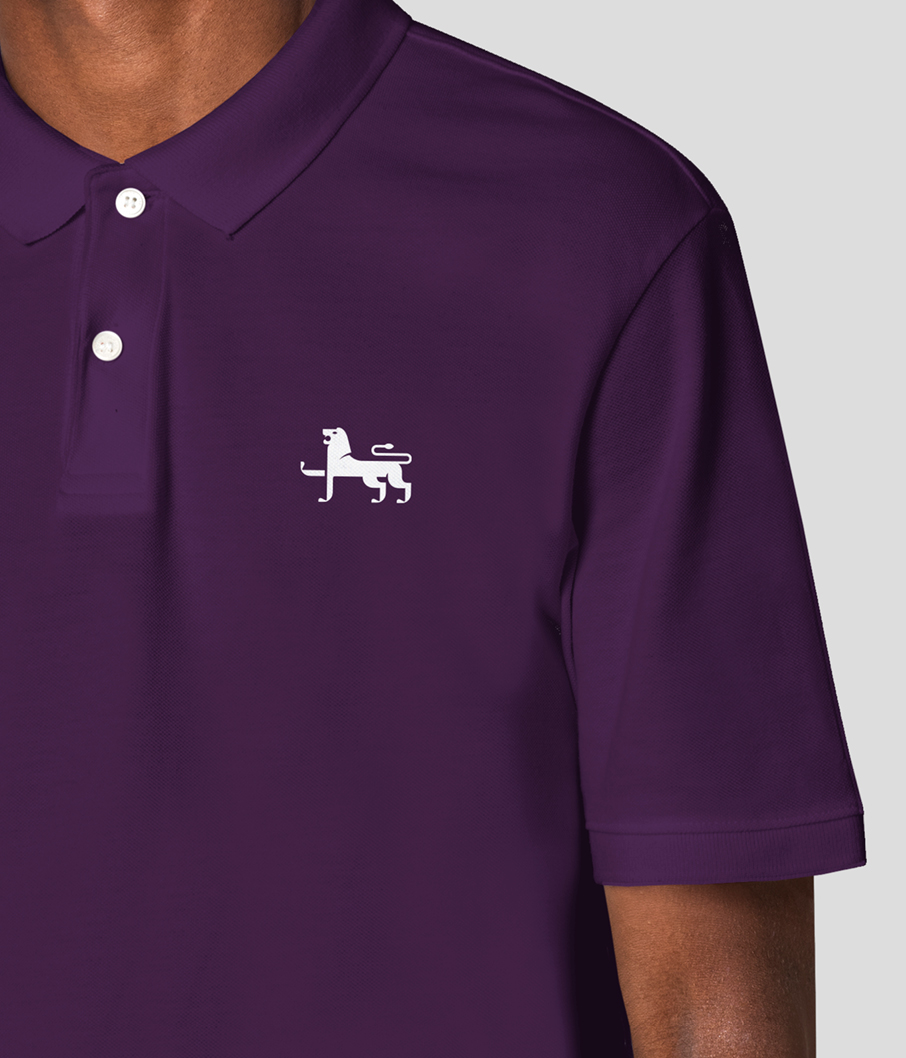

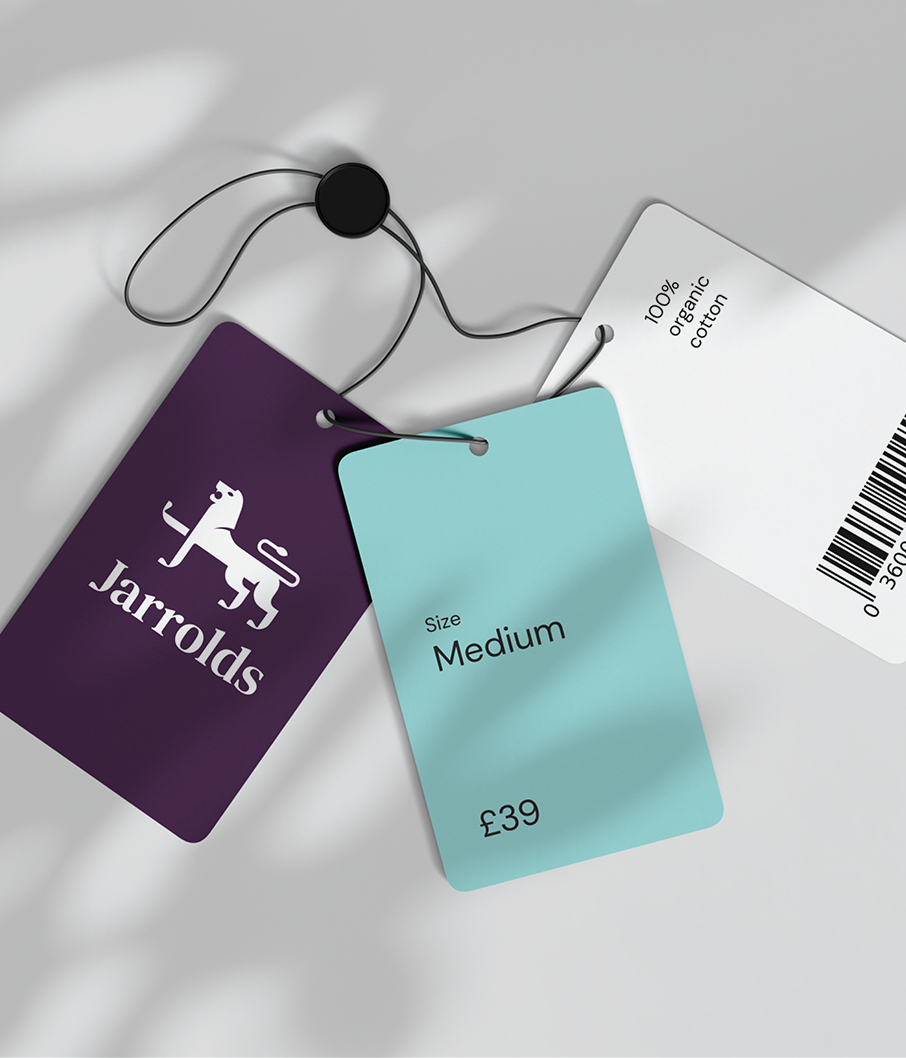














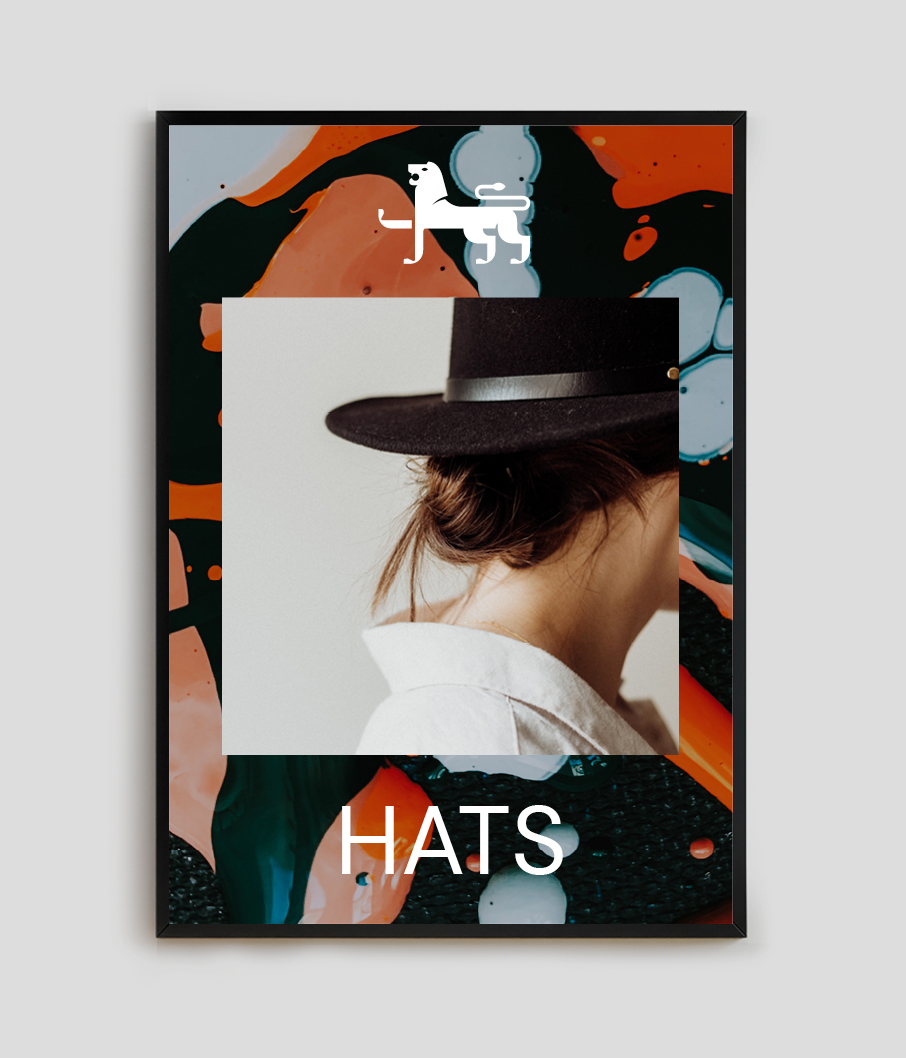






Comments
I like the name and font a lot… the image less so. I think it’s a bit too constructivist (literally, see the image above in the post) and it reminds me too much of the logo of ‘Delhaize’, a Dutch-Belgian supermarket chain (delhaize.be). Their logo was designed in 1966 by ‘Allied Industrial Designers’. However, it is again a very nicely documented post, as always! Thank you!